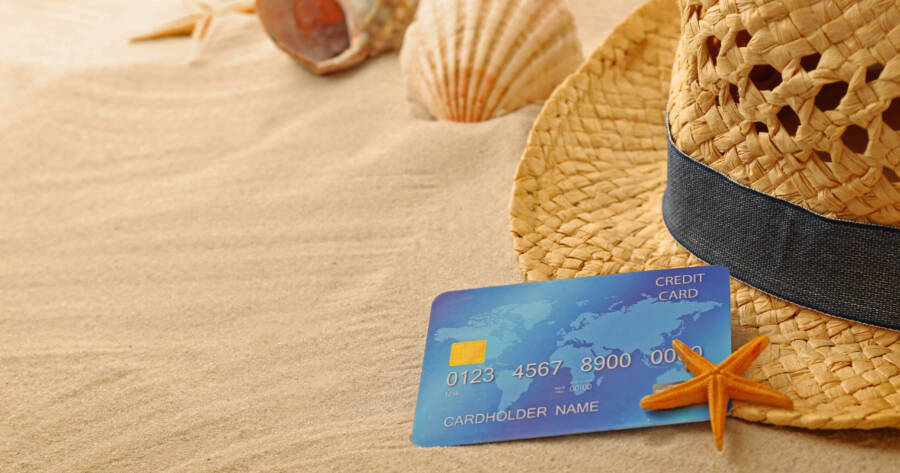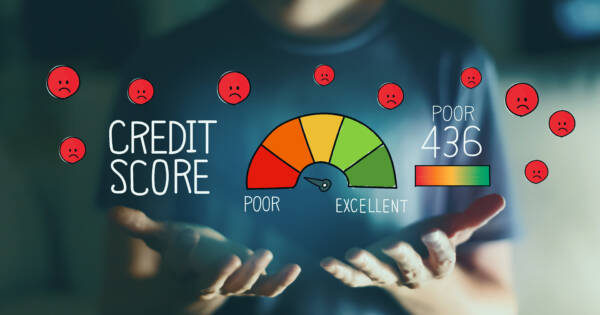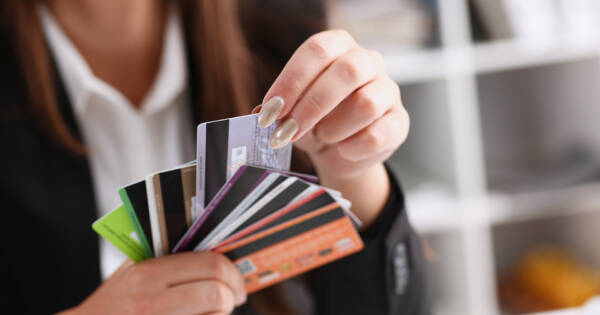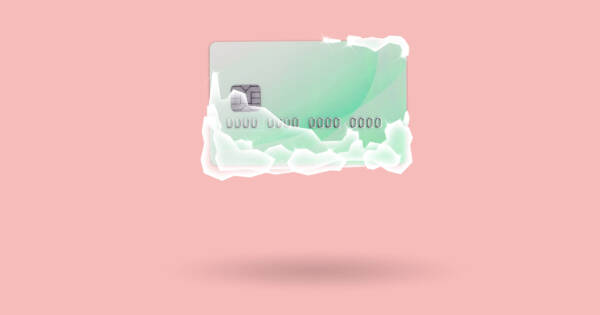I never really liked to travel growing up. I’m not really sure why. However, I’m finally starting to see the appeal of visiting new places now that I have a family of my own. We get to catch a glimpse of different cultures and spend time relaxing away from our usual daily routine. Traveling also create lasting memories, which never fail to bring a smile to my face.
Now I view traveling as an activity that’s worth spending money on. It will be especially nice once the pandemic is finally over, since leisure travel has been off the table for roughly a year now. [Editor’s Note: Please don’t travel anywhere right now.] Personally, I can’t wait to travel again once the world starts to open up. I’m actually opening a credit card right now so I can use it for travel when the time comes. Yes, I prefer to use a credit card to pay for my traveling costs. There are a bunch of specific advantages to using one. A credit card will provide you with a certain amount of financial protection while you travel, in addition to being convenient. Here are five reasons that you should use a credit card when you travel again.
Convenience
One of the best reasons to use a credit card is the convenience. It’s easy to carry and accepted almost everywhere. In fact, some businesses (car rental or hotels, for example) won’t let you make a reservation without one. You have to use a credit card, and not a debit card. That’s because credit card limits are typically higher than what you have in your bank account. That allows rentals companies or hotels to easier recoup their losses if something happens.
With a credit card, you don’t have to worry about the inconvenience of carrying cash. It’s easy to make reservations and payments. Everything you purchase will be sorted neatly by date, and searchable for months after the trip. That makes budgeting and tracking your expenses much easier.
However, not all shops accept credit cards. This is especially true internationally, where you are much more likely to pay cash at smaller mom and pop stores. That’s why it still makes make sense to carry a little bit of local currency. If it wasn’t for this one exception, I would literally carry no cash when I travel.
Financial Protection
When cash is stolen from you, it’s gone. There’s no getting it back. With a credit card, you aren’t responsible for fraudulent purchases made with a stolen credit card (provided you report the issue within 60 days). Still, I try to keep the 1-800 number on the back of my credit card written down somewhere safe. Store it in your phone, even, so you can quickly call if your card goes missing. Debit cards, on the other hand, don’t offer the same protection. While a debit card may tout protection, in some cases you need to make your report within two or three days to qualify for protection.
It’s also worth noting that when your debit card is stolen or used fraudulently (even it’s an honest mistake by a merchant), that money is gone from your account. Money you actually have will be gone until the problem is resolved. With a credit card dispute, it isn’t actually your money on the line. With a debit card, you have to wait for the money to be put back into the account. A credit card doesn’t present that same problem.
If you designate a single credit card for travel, you can further protect yourself. By not using it for other things, like automatic bill payments, you won’t have to re-setup your entire billing arrangement with new card numbers if your card is ever canceled or replaced for any reason.
You Don’t Have to Deal With Change
When you are traveling, the last thing you want to do is carry around a bunch of coins in your pocket. This problem is exacerbated when you are traveling internationally, since you’ll have a harder time figuring out the denominations of each coin. You’re more likely to just give the cashier a bigger bill so they can figure it out for you. Then at the end of your trip, you’re stuck with a bunch of loose change in a currency that you can’t even spend.
When you use a credit card, you eliminate all that hassle. You are also protecting yourself in the cases where the cashier gives you less change than you’re owed. There were a few times when an overseas taxi driver tried to scam me by offering me less change than I was owed. He was banking on me being unfamiliar with the local currency, or simply not paying attention. A credit card keeps you safe from these scams.
Plus You Can Avoid Scams…
This actually happened more than once, so I don’t feel like it was some accident. Let me give you an example. Let’s say you get to a destination and your taxi meter reads $12 dollars. You just landed, so all you have on you is a $100 bill. They take your large bill, and give you $38 in change first. Then they wait and see what you do. Maybe you’re in a rush or just tired from a long flight. Maybe you see the $38 and assume you must have actually given the driver a $50 instead.
If you speak up, the driver will suddenly make up an excuse that he was just looking for more change. Really, he was just hoping you’d leave. I’m sure the vast majority of all taxi drivers are good folks just trying to make a honest living. However, there are always bound to be some bad actors when you are dealing in cash.
Perks
Many credit cards offer perks that can save you serious money on trips. Car rental insurance, for instance, is a common perk that many credit cards offer. With car rental insurance running upwards of $15 a day, I’ve probably saved hundreds of dollars by using a credit card that offers the protection to me for free.
The claim process is easy too. I once got rear-ended in my rental car while traveling. After the police came and deemed the person who hit me to be at fault, I just drove the rental to a nearby car rental place. They swapped my car, called the credit card company, and pretty much handled everything from there.
Rewards
One of the greatest advantages to using a credit card for travel is the rewards. Some cards give you as much as 5% back on rewards. That means you’ll receive a small discount for every dollar you spend while on vacation. In order for this arrangement to work for you financially though, you have to pay off the credit card balance in full before you’re hit with interest charges.
The financial key to travelling is to save up money for your trip ahead of time. Keep it in a high-yield savings account and earn interest on it before your departure. Then use your rewards credit card to pay for the trip. You’ll rack up the rewards — air miles or cash back can be a great deal. Finally, pay off the balance with the money you’ve saved up. You won’t incur high interest fees, but you get to enjoy the rewards.
The Bottom Line
Once again, please don’t travel anywhere right now. The world is still recovering from a terrible pandemic and the most optimistic vaccination estimates still have most people waiting months for their doses. But rest assured, we will see the other side of this thing and you’ll eventually be able to travel the world again.
When you do, plan your finances as carefully as you do your itinerary. Using a specific credit card for travelling can offer plenty of financial perks, reward bonuses, and increased financial security. In fact, do yourself a favor and research cards that don’t change a hefty fee for currency conversions. You’ll enjoy your trip that much more if you’re not constantly stressing about having enough cash on hand to pay for everything.
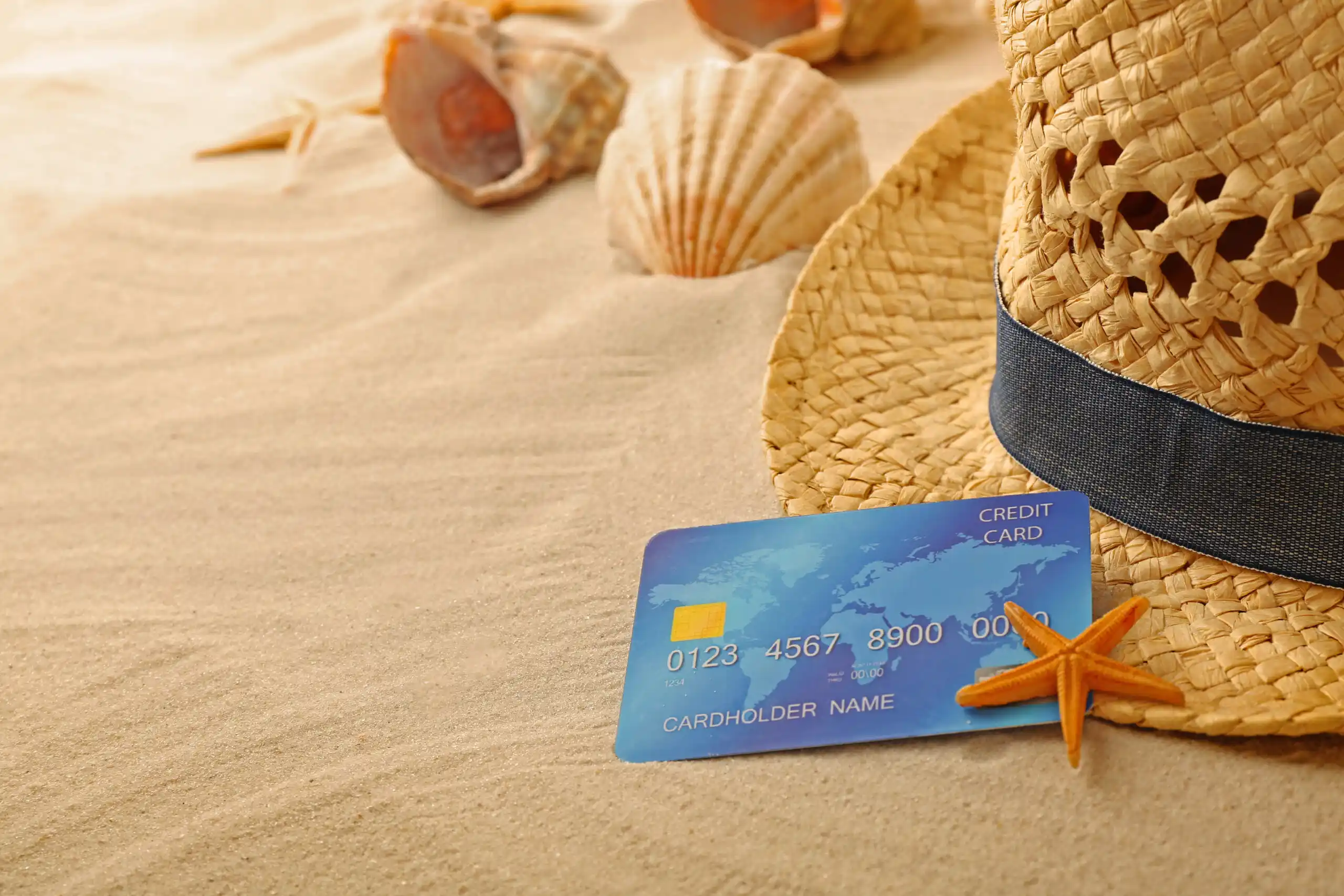 Shutterstock
Shutterstock